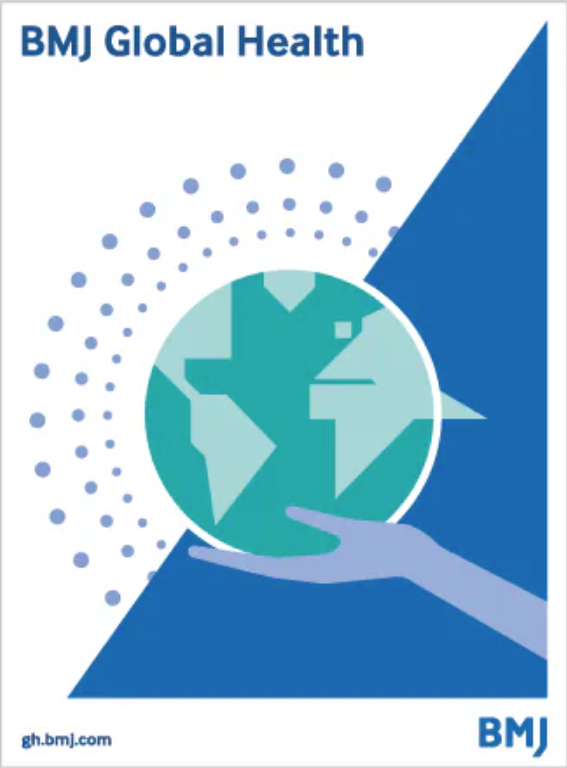尽管战争仍在继续,但营养仍是乌克兰的重中之重:打击反式脂肪
IF 7.1
2区 医学
Q1 PUBLIC, ENVIRONMENTAL & OCCUPATIONAL HEALTH
引用次数: 0
摘要
#### 摘要框 即使在战争持续不断的情况下,营养仍然是乌克兰的一项重要优先事项。包括乌克兰在内的许多国家一直在解决的与营养有关的具体问题之一是减少反式脂肪,特别是消除食品供应中工业生产的反式脂肪。反式脂肪酸(TFA)或反式脂肪是一种天然存在或工业合成的不饱和脂肪酸,其中至少有一个双键为反式构型。工业生产的反式脂肪是通过部分氢化植物油合成的,从而产生一种半固态脂肪,这种脂肪通常被用作黄油的廉价替代品,具有更长的保质期,并能给食品带来理想的口感。因此,反式脂肪通常出现在含有大量部分氢化油的食品中,如人造黄油、起酥油、饼干、蛋糕、面包和其他工业化生产的食品。反式脂肪因其对食品工业有益的特性而得到开发并一度被广泛使用,但后来出现的流行病学证据表明,经常食用反式脂肪与非传染性疾病(NCD),尤其是冠心病风险增加之间存在关联。每年约有 54 万人死于摄入工业生产的反式脂肪酸。1 大量摄入反式脂肪酸会使全因死亡率增加 34%,冠心病死亡率增加 28%,冠心病增加 21%。本文章由计算机程序翻译,如有差异,请以英文原文为准。
Nutrition remains a top priority in Ukraine despite the ongoing war: the fight against trans fats
### Summary box Nutrition remains a critical priority in Ukraine, even in the midst of the ongoing war. One of the specific nutrition-related concerns that many countries, including Ukraine, have been addressing is the reduction of trans fats and especially the elimination of industrially produced trans fats in the food supply. Trans fatty acids (TFA), or trans fats, are either naturally occurring or industrially synthesised type of unsaturated fatty acids with at least one double bond in the trans configuration. Industrially produced trans fats are synthesised via the partial hydrogenation of vegetable oils, which results in a semi-solid fat that is often used as a cheaper alternative to butter, has a longer shelf life and imparts desirable texture to food products. This makes trans fats more commonly found in food products that contain high amounts of partially hydrogenated oils, such as margarine, shortenings, cookies, cakes, breads and other industrially prepared foods. Developed and once widely used for their beneficial characteristics for the food industry, epidemiological evidence has since emerged on the association between regular consumption of trans fats and increased risk of non-communicable diseases (NCD), especially coronary heart disease. Approximately, 540 000 deaths each year may be attributed to intake of industrially produced TFAs.1 High TFA intake increases all-cause mortality by 34%, coronary heart disease deaths by 28% and coronary heart disease by 21%.2 This is likely due to their effect on increasing …
求助全文
通过发布文献求助,成功后即可免费获取论文全文。
去求助
来源期刊

BMJ Global Health
Medicine-Health Policy
CiteScore
11.40
自引率
4.90%
发文量
429
审稿时长
18 weeks
期刊介绍:
BMJ Global Health is an online Open Access journal from BMJ that focuses on publishing high-quality peer-reviewed content pertinent to individuals engaged in global health, including policy makers, funders, researchers, clinicians, and frontline healthcare workers. The journal encompasses all facets of global health, with a special emphasis on submissions addressing underfunded areas such as non-communicable diseases (NCDs). It welcomes research across all study phases and designs, from study protocols to phase I trials to meta-analyses, including small or specialized studies. The journal also encourages opinionated discussions on controversial topics.
 求助内容:
求助内容: 应助结果提醒方式:
应助结果提醒方式:


